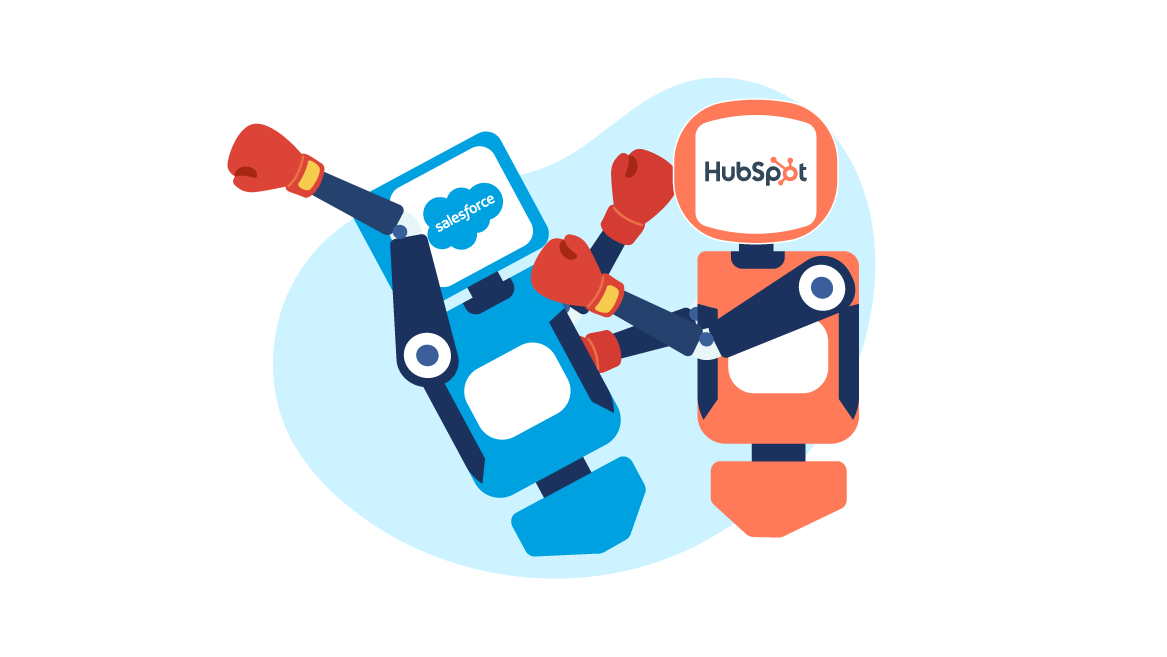This blog highlights the unique philosophy of HubSpot in CRM development, setting it apart from its competitors. Rather than solely focusing on the demands of large customers, HubSpot takes a more inclusive approach, resulting in features and enhancements that cater to a diverse range of businesses. Are you using HubSpot to scale? Sign up for a FREE System Health Check.
HubSpot's philosophy of CRM development sets it apart. Rather than just fulfilling the demands of their largest customers, they take a more inclusive, broad-brush approach. The outcome? Features and enhancements that cater to a diverse spectrum of businesses. This perspective, combined with HubSpot's knack for identifying and seizing market trends, is crucial to its success and growth.
A prevalent concern when choosing a CRM is scalability: "Will HubSpot serve our needs as we grow into a $100 million company?" The answer isn't absolute and greatly depends on your CRM expectations. While HubSpot may not be a combined accounting and CRM solution, it excels in providing superior marketing, sales, and customer service solutions. Its flexible approach to licensing — as opposed to the per-user license model of Salesforce or other CRMs — renders it an economical choice for businesses intending to scale.
Although customization in HubSpot comes at a cost, the total cost of ownership remains substantially lower compared to traditional CRM systems like Salesforce, Oracle, or SAP. The implementation time for HubSpot is also considerably less, thanks to its superior adaptability.
When it comes to user experience, HubSpot stands out with its user-friendly design, perfect for businesses with less tech-savvy teams. Its seamless integration with numerous marketing and sales tools, straightforward reporting tools, and comprehensive, easy-to-understand training materials give it an edge over other more complex systems.
The alignment of sales and marketing teams is critical for any business, and HubSpot’s suite of tools has been designed to foster such alignment, leading to more effective campaigns and strategies. While other CRMs like Salesforce, Oracle, or SAP support this alignment, they often require more setup and customization. Read more about HubSpot vs. Salesforce here.
➡️ Check out our FREE HubSpot Audit!
Regarding administration, HubSpot is relatively easier to maintain. Although it does not eliminate the need for an admin or developer, the costs typically remain lower. You could save approximately $100,000-$200,000 annually by outsourcing HubSpot builds instead of recruiting an in-house architect.
In conclusion, selecting the right CRM involves meticulous research and strategic calculation. Don't overlook HubSpot. Its two-decade-long presence in the industry, alongside its demonstrated adaptability and innovation, position it as a contender to watch out for in the CRM space. Remember, it's far more than just a marketing tool. As businesses continue to evolve, HubSpot's forward-thinking approach may well carve out its position as the go-to CRM for the future.




